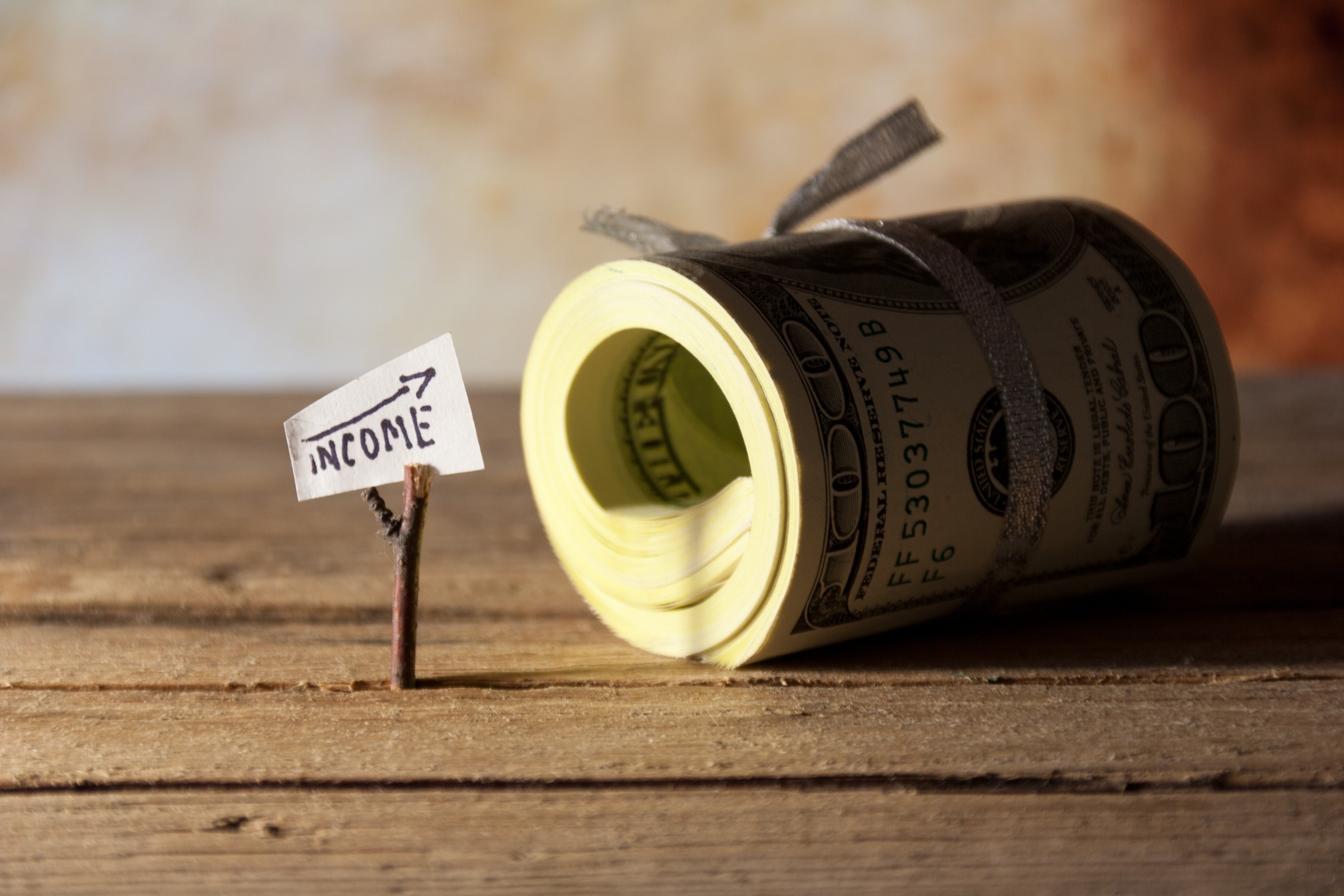
Image source: pexels.com
It’s easy to fall in love with the idea of passive income. Who wouldn’t want to earn money without clocking in every day? But when the economy hits a rough patch, not all passive income offers are as steady as they seem. Some opportunities can vanish almost overnight, leaving investors and side hustlers scrambling. Understanding which passive income offers are vulnerable during downturns is key to protecting your financial future. Let’s break down the offers most likely to disappear when times get tough—and how to spot the risks before they hit your wallet.
1. High-Yield Peer-to-Peer Lending Platforms
Peer-to-peer lending is often pitched as an easy way to generate passive income. You lend money through an online platform, borrowers pay you interest, and you collect the returns. But during economic downturns, default rates skyrocket. Suddenly, many borrowers can’t repay their loans, and platforms may tighten who can borrow—or even halt lending altogether. Some platforms have shut down or restricted withdrawals in tough times, leaving investors with losses. If you rely on passive income from peer-to-peer lending, remember: higher yields often mean higher risks, especially when the economy stumbles.
2. Short-Term Vacation Rentals
Platforms like Airbnb and Vrbo have made it easier than ever to earn passive income from short-term rentals. But when a downturn hits, travel slows. People cut back on vacations and business trips, and bookings can dry up fast. Property owners may find themselves with empty rentals and mounting expenses. In some cities, local regulations also tighten during tough times, further limiting rental opportunities. If your passive income depends on tourists, a recession can quickly turn a profitable property into a money drain.
3. Dividend Stocks with High Yields
Dividend stocks are classic passive income offers. Companies pay shareholders a portion of profits, usually every quarter. But not all dividends are created equal. Firms with high yields often operate in risky sectors or are already stretched financially. When the economy slows, these companies may slash or suspend dividends to conserve cash. Investors who counted on regular payments can be left with less income and falling stock prices. It’s important to research the stability of a company’s dividend history before relying on it for passive income, especially during downturns.
4. Crowdfunded Real Estate Investments
Crowdfunded real estate lets you invest in property projects without buying a whole building. The platforms promise passive income from rent or property appreciation. But when the economy sours, tenants may default, rents can drop, and projects might stall. Some platforms restrict withdrawals or pause distributions to investors in tough times. The passive income you expected may be delayed—or disappear entirely. Always check the fine print and understand platform risks before investing, particularly if you’re counting on steady cash flow in a downturn.
5. High-Interest Savings and Promotional Bank Accounts
Banks and fintech companies sometimes offer high-interest savings accounts or promotional rates to attract deposits. These deals sound like safe passive income, but they can vanish quickly in recessions. Financial institutions may lower rates, restrict new deposits, or end promotions early if their own profits are squeezed. If you’re relying on these offers for passive income, keep an eye on the terms and be ready to move your money if rates drop.
6. Cash-Back and Reward Credit Card Offers
Some people treat credit card cash-back and rewards as a form of passive income. While it’s true you can earn a little back on your spending, these offers are among the first to disappear in a downturn. Credit card companies may cut reward rates, impose new fees, or revoke bonuses when profits are under pressure. They may even close accounts or reduce credit limits. If you use these programs to supplement your income, know that they’re among the least reliable passive income offers during tough economic times.
Building Resilient Passive Income Streams
The truth is, not all passive income offers are built to last—especially when the economy takes a hit. If you want your passive income to survive a downturn, focus on opportunities with a track record of stability, like diversified investments or long-term rental properties in strong markets. Always read the fine print, and don’t assume that high yields or easy money will last forever. Diversifying your income sources and preparing for lean times can help you weather whatever the market throws your way.
What passive income offers have you seen disappear during downturns? Share your experiences in the comments below!
Read More
8 Subtle Illusions Used By Scammers In Investment Offers
6 Retirement Accounts That Are No Longer Considered Safe

Travis Campbell is a digital marketer/developer with over 10 years of experience and a writer for over 6 years. He holds a degree in E-commerce and likes to share life advice he’s learned over the years. Travis loves spending time on the golf course or at the gym when he’s not working.












